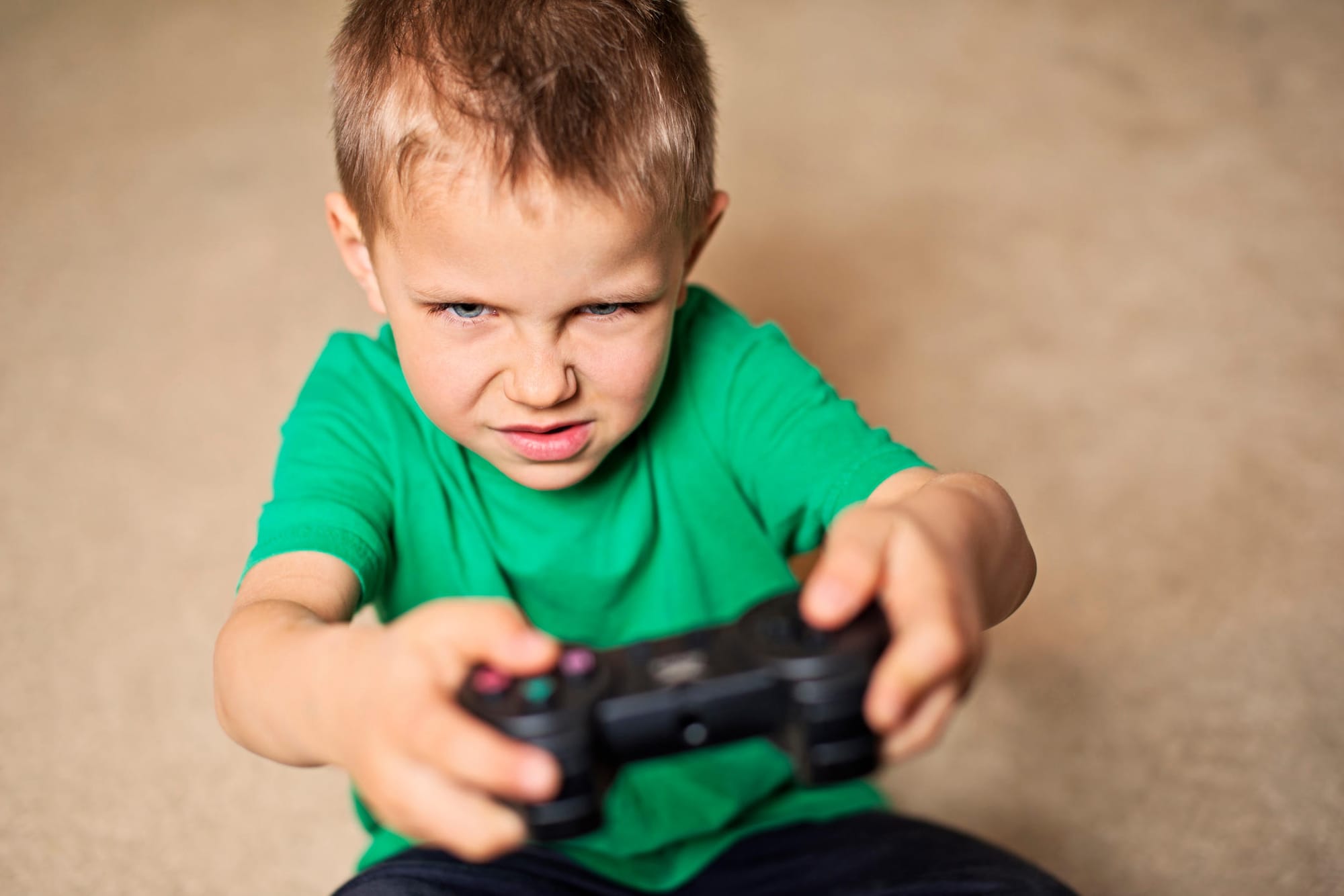
There's nothing especially surprising about the Fortnite controversy. The massively popular online survival game has prompted concern in Australian schools, who associate it with bullying, abuse and aggression.
On the other hand, commentators have also observed it’s these fears that really threaten to hurt the young. Online gaming is about having healthy social fun, and parents who just don’t understand risk doing more harm than good by banning play, without giving it a try.
It’s easy to cast a jaded eye on these headlines; we’ve been here with kids and media so many times before, and the evidence around screens and aggression is controversial.
However, perhaps with Fortnite there's an opportunity to move out of the well-dug gaming good/gaming bad trenches. Free and easy to master, everyone seems to agree that Fortnite is either good or bad because it’s so accessible. What it represents, then, is the growing ingenuity that media entertainment deploys to make itself the centre of public life. It’s this monopolisation of attention that poses the real risk that we need to contemplate.
There are two reasons why it's so hard to take an informed position on gaming effects.
First, the research on these influences embraces multiple fields – neuro and evolutionary science, psychology, media and cultural studies, to name but a few.
But if you want to crib up on the main points of controversy, you could do worse than look at two American media scholars, Brad Bushman and Chris Ferguson.
Ferguson has washed up in Australian Fortnite debates, with the line that Antipodean anxiety is but a familiar moral panic about a bit of entertainment “no more a problem for youth than the Beatles were in 1964”.

Ferguson’s appearance is as predictable as the controversy itself. He’s devoted a great deal of time to debunking the evidence about gaming risks, while Bushman has generated much of that.
Bushman has conducted numerous experiments, testing the relationship between violent gameplay and social aggression. He’s also reviewed the evidence from many other studies. His conclusion after a generation of studies is that we can confidently say that playing violent games makes a significant contribution to long and short-term aggressive behaviours. In other words, science supports teachers’ suspicions that things such as Fortnite have a corrosive influence.
Ferguson begs to differ. He thinks that the effects case is a bit like three-card monte punters who lose out by ‘betting' their hopes for a safer society on the wrong card, and end up the poorer for it.
Effects research survives, so the story goes, for four reasons. First, it's politically expedient – better to blame social aggression on screens than societies. Second, it's publishable – journals are more likely to publish studies that find effects than others that don't. Third, it's methodologically shaky – people such as Bushman draw their conclusions by conflating many studies that use different measures of aggression, none of which are much like real-world violence.
Finally, we don't know what we lose by banning games, because research on how gaming can be good for you is much less practised, and known to the public. Ergo, there's no more reason to worry about Fortnite than the Beatles.
So, in the end, you pick the science you like, then make your decision as a parent. Just as people did with film, radio, comic books, TV and video nasties before.
Missing the risks
But what if gaming violence isn’t really about violence? What if, in focusing on aggressive behaviour, or the lack thereof, we’re missing other kinds of risks that are far more pervasive and potentially troubling? What if Ferguson is swapping one shell game for another?
We all know the ‘we’ve been here before’ arguments about gaming. People used to worry about TV, and the evidence that the small screen made kids want to hurt other kids was similarly ‘meh’.

What’s less well-known is that some scholars argued that the effects of this violence were political, not behavioural. Another media scholar, George Gerbner, argued that the prevalence of TV violence could be explained by the commercial aspirations of global media companies to capture global audiences with easy-to-digest narratives.
In Australia, that very same argument has been presented by researchers who are broadly sympathetic to the positive potential of gaming as a social activity. Succinctly, the real damage caused by screens is that most of the time they offer uncreative and repetitive means of interacting with the world.
But what if gaming violence isn’t really about violence? What if, in focusing on aggressive behaviour, or the lack thereof, we’re missing other kinds of risks that are far more pervasive and potentially troubling?
For Gerbner, the real risk of screen violence is that it makes us frightened, unimaginative, or both. The same argument has been advanced by gamers, about gaming. When faced with frequent attacks on their culture, games critics have observed that the gaming industry could put up a better defence by offering more creative and diverse fare.
Gerbner saw media violence as part of a more significant problem – the monopolisation of social life and thought by commercial media stories, and the concomitant reification of the consumer as the only viable political identity in modern life.
His views echo in today's advice for parents to manage what their kids play online; the idea that they wouldn't play anything at all is unthinkable. And it is, such is the reach of mobile media culture.
So, those who are sanguine about Fortnite are probably right that we shouldn’t be worried about the aggression it may or may not cause. No. The problems are much more profound.
Find out more about this topic and study opportunities at the Graduate Study Expo





